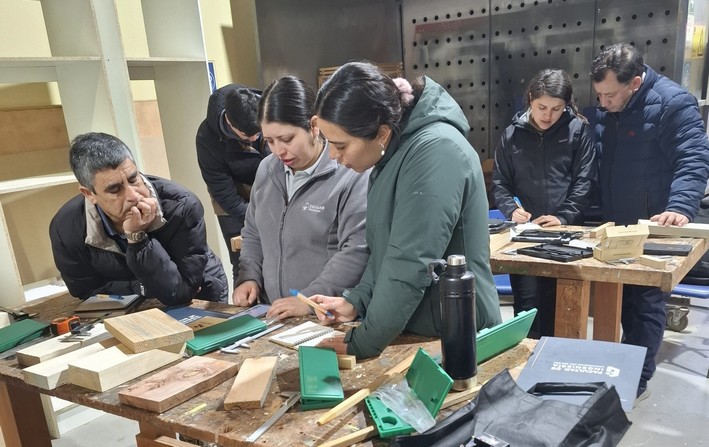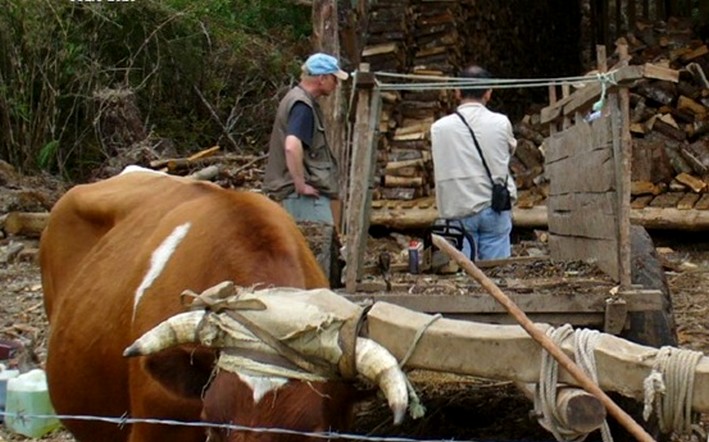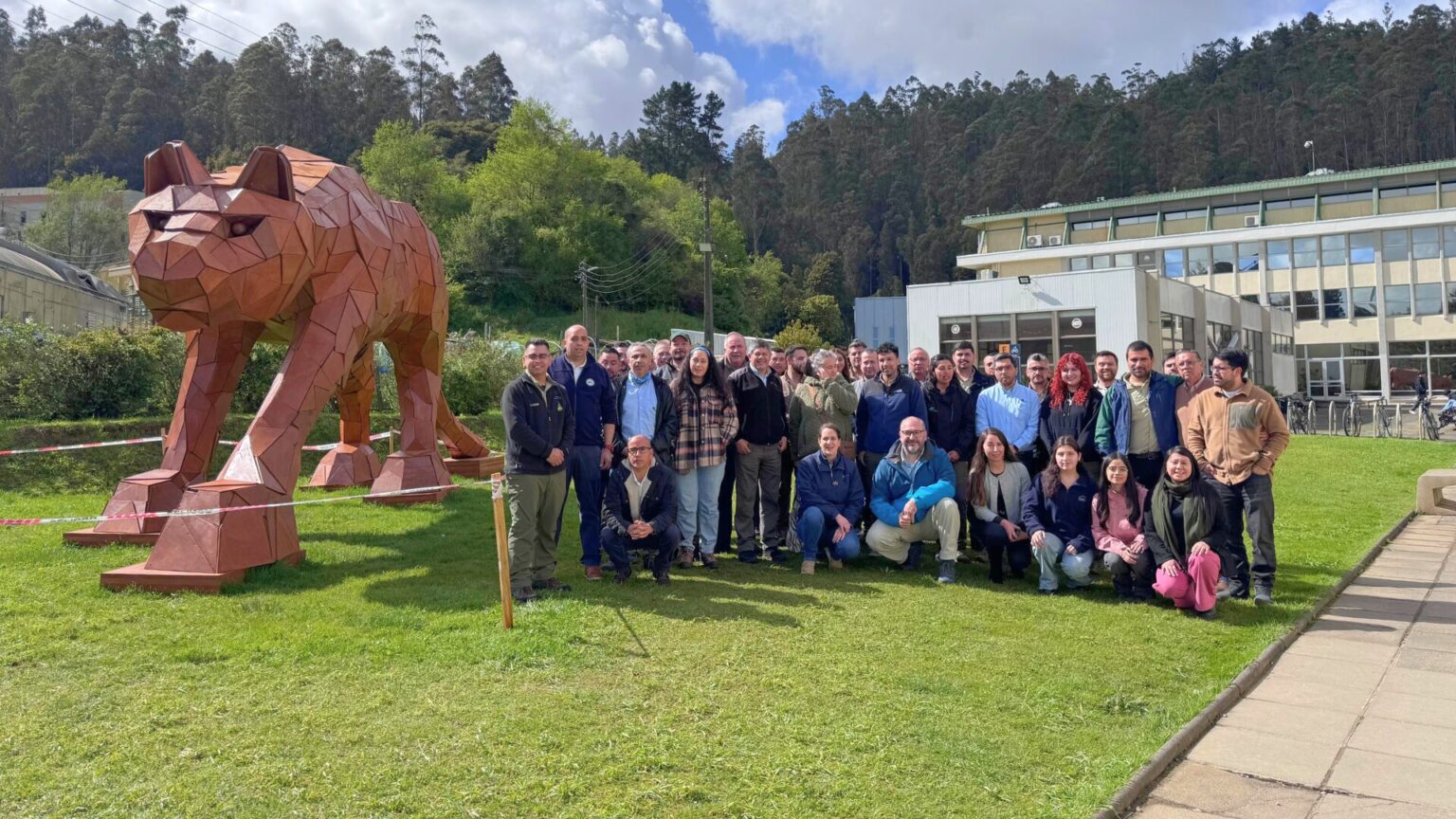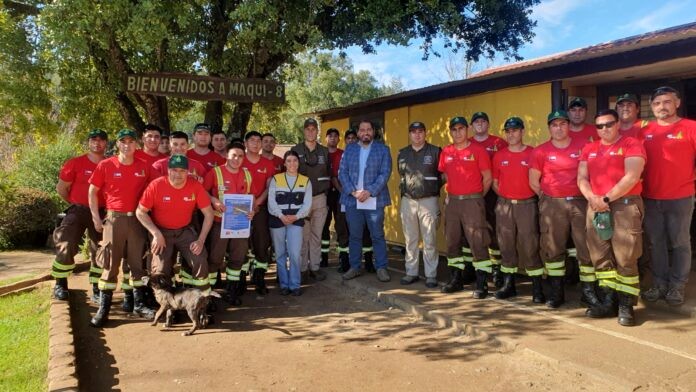UBB and Gore Ñuble Boost the Timber Industry with Free Training for Regional SMEs
Aimed at strengthening the technical capabilities of the local timber sector, the first training course of the project "Industrialization of Wooden Housing for the Ñuble Region" was successfully conducted. This initiative is funded by the Regional Government of Ñuble and executed by the University of Bío-Bío (UBB).
The training session, held at the Liceo Bicentenario de Excelencia Polivalente in San Nicolás, brought together about 20 professionals from regional SMEs, ranging from sawmills and construction companies to specialists in architecture and engineering.
Regarding this, the Regional Governor, Óscar Crisóstomo, stated that "in the Ñuble Region, we have a clear forestry vocation, but our challenge as the Regional Government is to go a step further: to transition from being raw material producers to becoming value creators. This project embodies that vision; we are providing technical knowledge and cutting-edge tools to our SMEs so they can compete in the timber construction market, which is not only the future due to its sustainability but also generates better jobs and development."
Additionally, Carlos Rozas, the project director at UBB, highlighted the scope of this first stage: "The course lasts 24 hours and covers knowledge from the forest to structural wood. This initial training brought together professionals from various productive sectors, which is key to articulating the value chain in the region."
The strategic partnership with local institutions was fundamental. In this regard, Víctor Reyes, director of the Liceo Bicentenario in San Nicolás, valued the initiative. "We are tremendously proud of this alliance. We thank the Regional Government of Ñuble and the University of Bío-Bío because these instances strengthen the entire educational process and help us continue dreaming that we can train better technicians for Ñuble through the industrialization of wood," he indicated.
The course addressed crucial technical content for the proper use of wood in construction, as detailed by the instructors. It delved into the visual and mechanical classification of wood, permissible tolerances according to Chilean standard NCh 1207, and the concepts of durability and preservation established in NCh 819.
Beneficiaries Value the Impact
Participants highlighted the quality and applicability of the knowledge. Katherine Cuevas, an architect at Movark Arquitectura, emphasized the opportunity to network. "In these instances, we meet different players in the industry. The entire framework of the new context in timber construction will heavily depend on the collaboration among the various agents," she affirmed.
Meanwhile, Patricia Romero, from Maderas Yungay, underscored the intensity and usefulness of the content. "It has been a very interesting and super intensive course. I have been looking for this experience for quite some time, which, besides being free, provides the necessary tools to motivate applying for other projects."
The initiative, which spans two years, will continue to strengthen the sector and includes plans to conduct three more courses, along with seminars featuring national and international guests and working groups to further promote the industrialization of wood in Ñuble.










